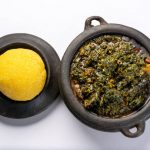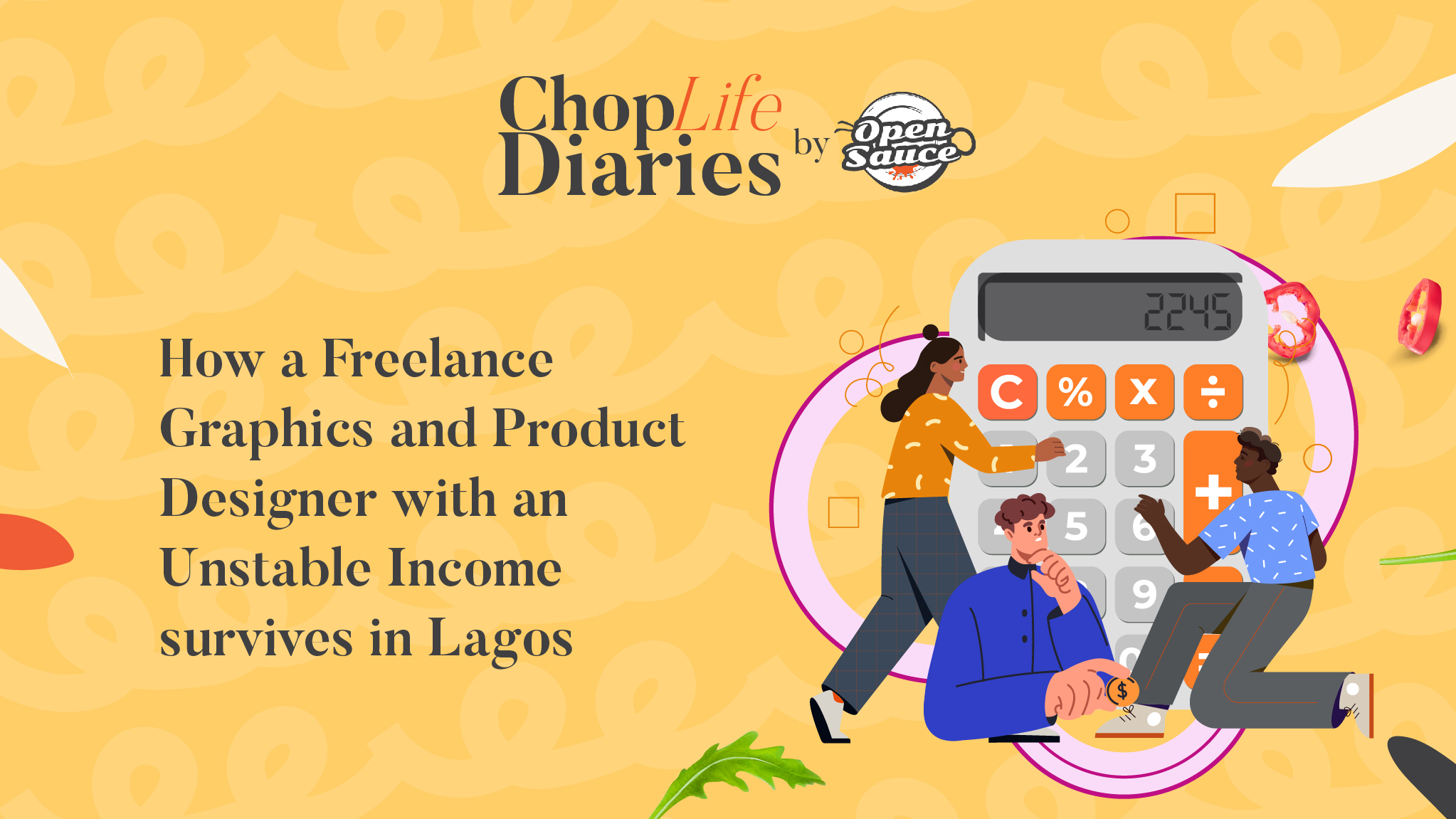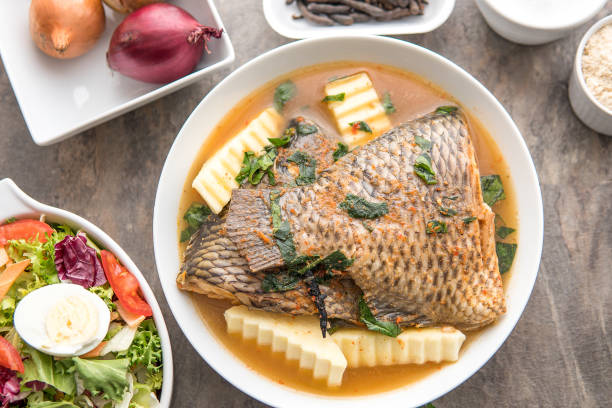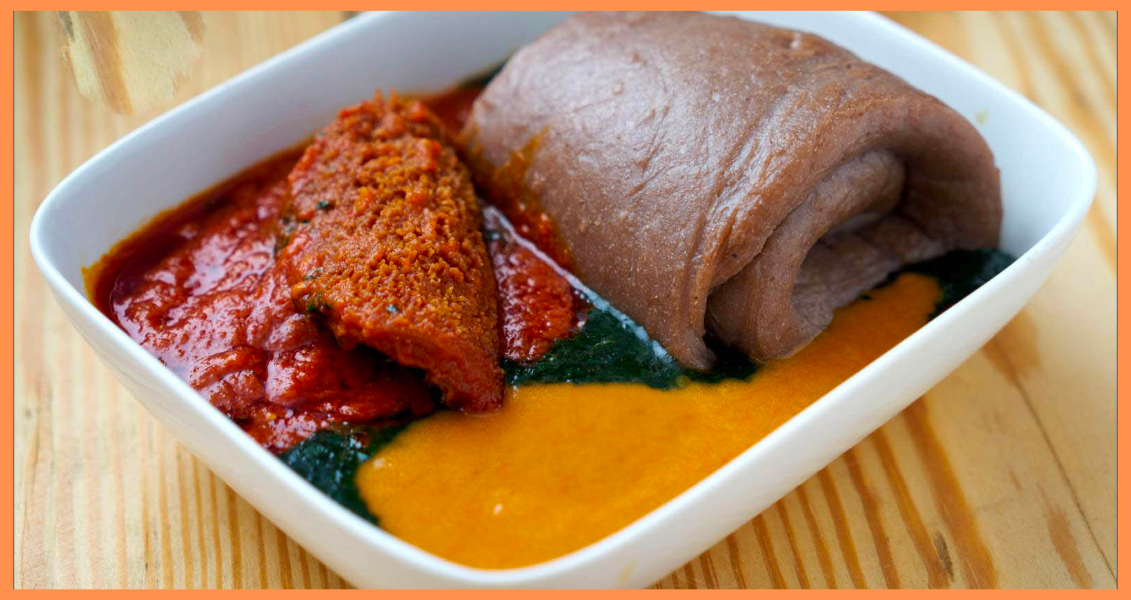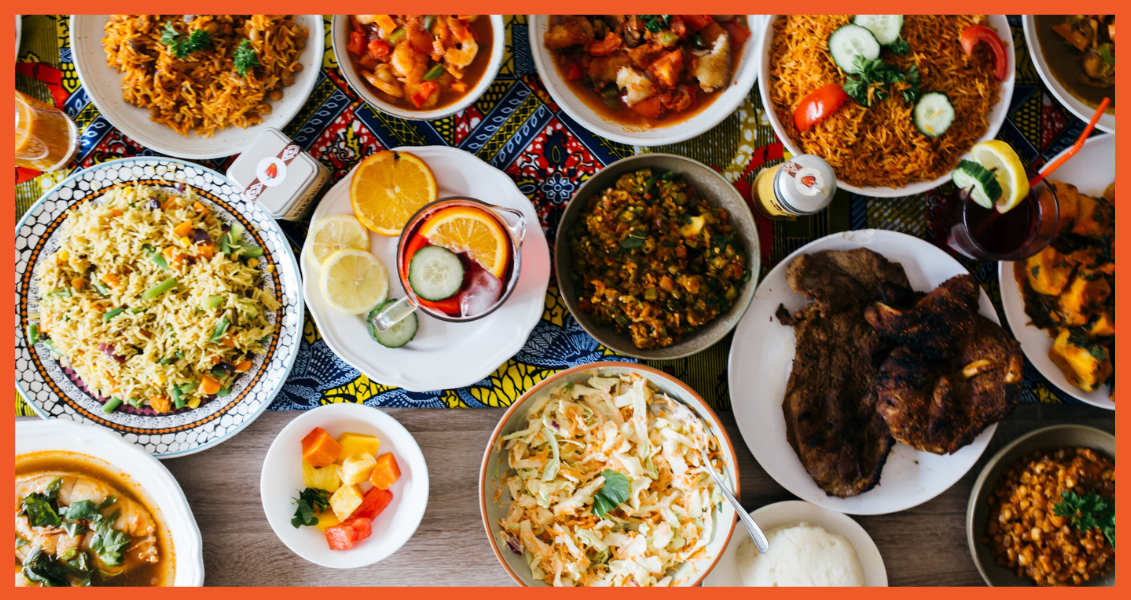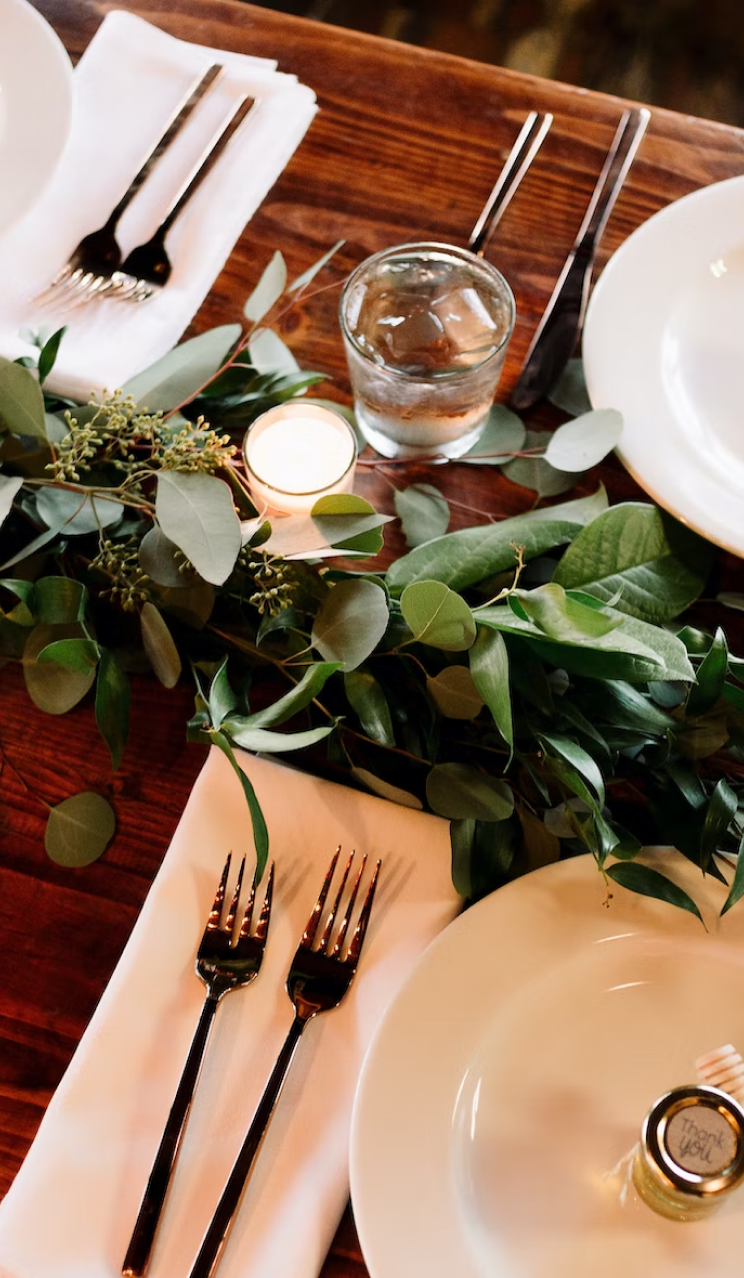My first real shot at ostentation was my family church when I was in secondary school. Back then we lived in Mowe, Ogun State, just after the outskirts of Lagos — the perfect place for those who worked in the Centre of Excellence but could not quite afford the cost of living in the city. I was self-aware enough to understand without being told that Daystar Christian Centre in Ikeja, aside from being a place of worship and spiritual edification for my parents, was also the only straw they grasped at to enjoy a sense of urban living.
Years later, when I became an independent and upwardly mobile adult, it wasn’t difficult to decide where I’d worship on Sundays: Daystar. The logistics of it should’ve been a deterrent, seeing as I lived one-and-half hours away in Ijegun, but I convinced myself that I could always enjoy the guilty comfort of an Uber ride to and from church once a week. However, my financial realities soon re-chose for me, so I began to attend an RCCG church a few streets away from my house, and eventually joined the parish’s workforce as a chorister.
One of the Saturday choir meetings this year, our choir director, with genuine concern splashed all over his face, asked how we’d been faring with the cash scarcity. I wasn’t too badly affected at the time. I barely needed cash for transportation as I mostly worked from home. I also still had enough essential provisions since I live alone. It was not the same story for everyone else.
Obinna, who had run out of cash and could not get any public bus driver to receive payment via bank transfers from him, had arrived at the meeting in an Uber that day, face contorted with annoyance and listless resignation. He’d just spent ₦4,700 on a trip that would have cost him only ₦500 if he’d taken a danfo.
And then there was the 29-year-old wife and mother of two, Bibi Egbekun.
Nothing about Bibi’s soft, round features and almost-childlike sweetness suggests that she’s made for the hardships attendant with the cash crunch. It must have been the false bravado in her voice, the one she’s had to practise a million times in her two years of being a mother, that first got my attention. As she shared her experience of the naira scarcity at the meeting, I noticed her resoluteness about staying cheerful and making light of her situation. But there was nothing remotely amusing about having to feed one’s family on rice for three straight days. Right there and then, I began to see the dire consequences of the cash scarcity on everyday Nigerians.
Nigerians are reputed to be one of the happiest, most resilient people on earth. Having experienced some of the worst incidents of insecurity, incompetent and corrupt government administrations, and economic hardships, it is truly curious how we have stayed optimistic as a people.
“When I last visited Nigeria,” Bim Adewunmi wrote in 2011, “That poster [that proudly welcomes you to Nigeria which read “the happiest place in the world”] made me laugh like a drain. But now a global survey has confirmed it: in a 53-country Gallup poll, Nigerians were rated at 70 points for optimism… And what in the world makes Nigerians so happy?”
Twelve years have passed since that article was published, and I suspect that Bim would be asking herself today, “Are Nigerians truly happy?”
Beyond the convenient generalisation of being the world’s most optimistic, resilient people, we may need to hear real-life experiences of the average person. Are Nigerians truly coping well today? How much more of these half-arsed, frustrating government policies can the people endure?
At the onset of the cash scarcity, Bibi still had a few traders who were willing to accept cash transfers for their products after much pleading, even though they inflated their prices. From the perspective of many customers like Bibi, foodstuff sellers are part of the problem, taking advantage of the naira situation to rip off their fellow citizens. But data shows that traders are just as affected by the scarcity as everyone else, with the price of ata rodo (scotch bonnet pepper) climbing as high as 25%.
Insights from Vendease’s market analysts reveal some of the reasons for the inflation to be restriction of movement due to the general elections which affected the flow of supplies from northern Nigeria, general increment in utility and fuel prices, and market suppliers’ demand for extra charges for payments received through bank transfers following the precariously foisted “cashless policy”.
Bibi gathered ₦20,000 to buy essentials for the week, but with a household comprising a married couple, two young kids, and a live-in nanny, they soon ran out of supplies.
“Going back home from work, you’d see me carrying a tuber of yam that I finally got after several minutes of pleading with the seller. Then I would spend another few minutes begging the man selling tomatoes to let me make a transfer. I was a regular customer, but after a few times, he started looking away when he saw me approaching. And then he told me that he also needed cash, so he no longer allowed transfers,” Bibi narrated.
She has since learnt to manage the situation by getting the phone contacts and account details of nearby Hausa [sic] vendors because, in her opinion, they seem to have the bigger heart this period.
When asked if she had family members with special dietary considerations, she replied in the affirmative. Most toddlers like hers are picky eaters, and besides, their feeding also comes with special dietary requirements. Her husband has always been picky with food as well; she told me that until the cash crunch, she used to buy food items based on her family members’ individual preferences rather than in bulk.
“My husband loves Irish potatoes and turkey, and he hardly eats regular Nigerian meals, especially ‘swallow’. As for me, I’m on a diet and prefer eating meals within my diet plan,” she said. But lately, everyone has had to eat whatever they can find in the pantry, and her diet plan is now a forgotten relic. Her two-year-old’s diet has now mostly been restricted to hot chocolate drinks, as the child will not eat anything unless it is enticing.
I wanted to know more about how her family came to eat rice for three consecutive days, and she revealed that at the time, she only had a pot of stew and couldn’t get anything else because market traders and street retailers refused bank transfers. Since raw rice was all she had, she made a pot that lasted an entire day for each day.
In the early scarcity days, food enthusiast, Ama Udofa, was in Abeokuta when the naira scarcity began. He’d just run out of foodstuff at the time and, without any cash to restock, was left to survive on corned beef, noodles, and spaghetti for two weeks.
“I was down to just ₦50 cash, and there was no restaurant or fast food close in my area except for ‘mama put’, and even this mama put wasn’t accepting bank transfers. At some point, I was eating noodles morning, afternoon, and night,” he recounts. Ama also recalls eating junk food like corn flakes and Golden Morn, which he had always steered clear of. It was either that or he went hungry.
Although he now lives in Lagos, he says things aren’t significantly better even here. He’s had to buy a thousand naira note from POS agents at the rate of ₦1,3000, and even then, cash is hardly ever available for sale.
Since moving to Lagos, Ama has found a plug for rice and chicken and greek yoghurt. But, regrettably, he’s not eaten any soups since the naira scarcity began in January. He reports having lost 7kg in the past two months because of his recent much poorer diet
As for Temitope Akinwande, little did she know that her progressive financial lifestyle would one day become a nightmare in Nigeria. Tope had been compliant with the cashless policy even before it became a thing. She bought her foodstuff and provisions in bulk and paid via bank transfer, keeping only small change handy for minor purchases like spices and condiments.
When the naira scarcity started, Tope limited her patronage to sellers that accepted transfer payments, but she soon realised that there were many little purchases for which one could not make transfers. And because cash was very hard to come by, even from POS shops, she often had to beg for cash.
“Sometimes I need up to ₦2,000 to buy ingredients for my food, but I end up getting only ₦1000, which I’m now forced to streamline all my purchases to accommodate. Imagine having to buy pepper, crayfish, ugu [pumpkin leaves], and other ingredients to make a decent pot of soup. That’s tough,” Tope laments.
For Bibi and Tope raising toddlers, the naira scarcity is more concerning because it’s now more difficult to provide their babies wholesome meals. Tope narrated wanting to cook meat and fish in her soup lately. However, she ended up with only fish because the meat seller didn’t receive the money she transferred to him and refused to sell any meat to her.
“We are not ready for the cashless economy because relevant structures haven’t been put in place. I have had to cut off certain wholesome meals from our diet because there is no cash,” Bibi laments.
More people are going to bed hungry these days, and it’s not because they are poor. We must begin to pay more attention to the seemingly insignificant effects of the naira scarcity even while we wait on government to relax the regulations. And whenever you can, squeeze some naira notes into your neighbour’s palm. It just might be all they need to buy some salt for their food.




